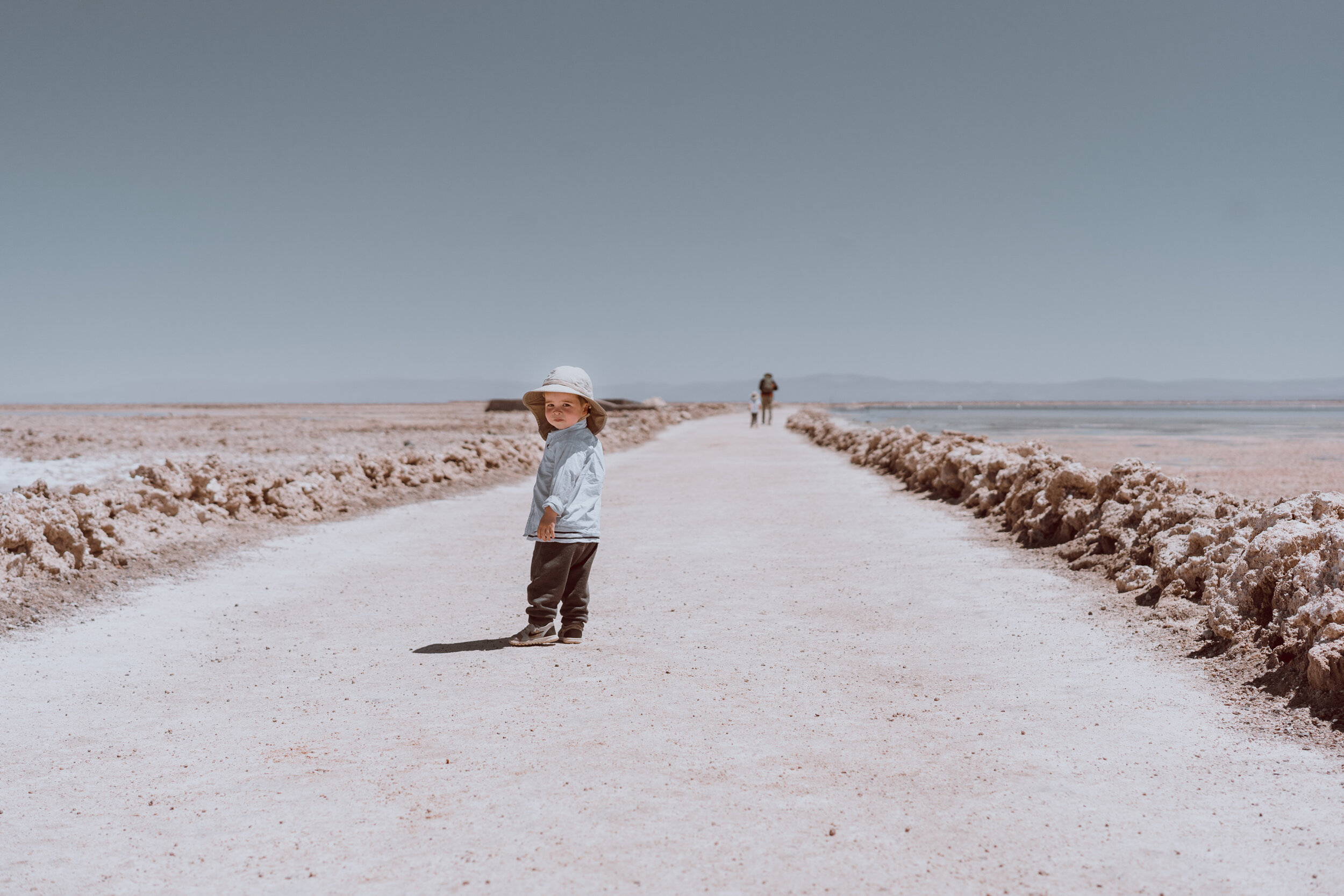
Camera Settings
if you have been using DSLR on auto mode, here’s your chance to enter into a new chapter. Learn the appropriate camera settings for different subjects, under different light conditions, as well as the non-camera techniques to help you improve your chance to capture every unique moment.
Interested in accelerated learning? take my free video training For Your Wow Shot Blueprint
If you are interested in taking photos with a mirrorless (or DSLR) camera, but don’t know how to maneuver all the settings, or if you have only been using auto mode, you will soon improve your photography skills by starting out with aperture priority.
Full manual mode isn’t intimidating. If you followed my last tip and had enough practice on aperture priority, now switch your dial to manual mode. When do you want to switch from aperture to manual?
If you couldn’t figure out why sometimes your photos are so bright or so dark, or you took the same photo seconds apart but one was a lot brighter/darker than the other. This has something to do with your metering, something we don’t talk about often, yet of vital importance.
If there’s only one auto setting I’d use from any mirrorless/DSLR camera, it’s auto white balance. Hang on, what is white balance? You may ask. If you never heard of it, you might be someone who hasn’t used mirrorless/DSLR cameras, or still at beginner level. In fact, it’s totally OK not to spend too much time worrying about it - no matter if you are amateur or professional.
One of the biggest headaches for many mirrorless (or DSLR) photographers, amateur or professional, is the “blurry image”. Many photographers encounter the “disaster blur” where nothing is in focus, or the wrong thing is in focus. There are many reasons for the error.
Today’s blur has nothing to do with aperture or shallow depth of field. Instead, it’s created by slow shutter speed. This might work particularly well in indoor or dim light settings.⠀⠀⠀
As someone who enjoys capturing motion and energy in the most candid style, I rarely make posed family portrait where everyone smiles perfectly at the camera. However, at the early stage of my photography journey, I took so many photos for other families and friends, and learned a few tricks to nail the shots.
Like me, you are a traveler, you take photos every day on your trip. You get good shots every now and then, but you just don’t know whether your next shot will be good, or bad. Let’s sit back and tackle these one by one.









